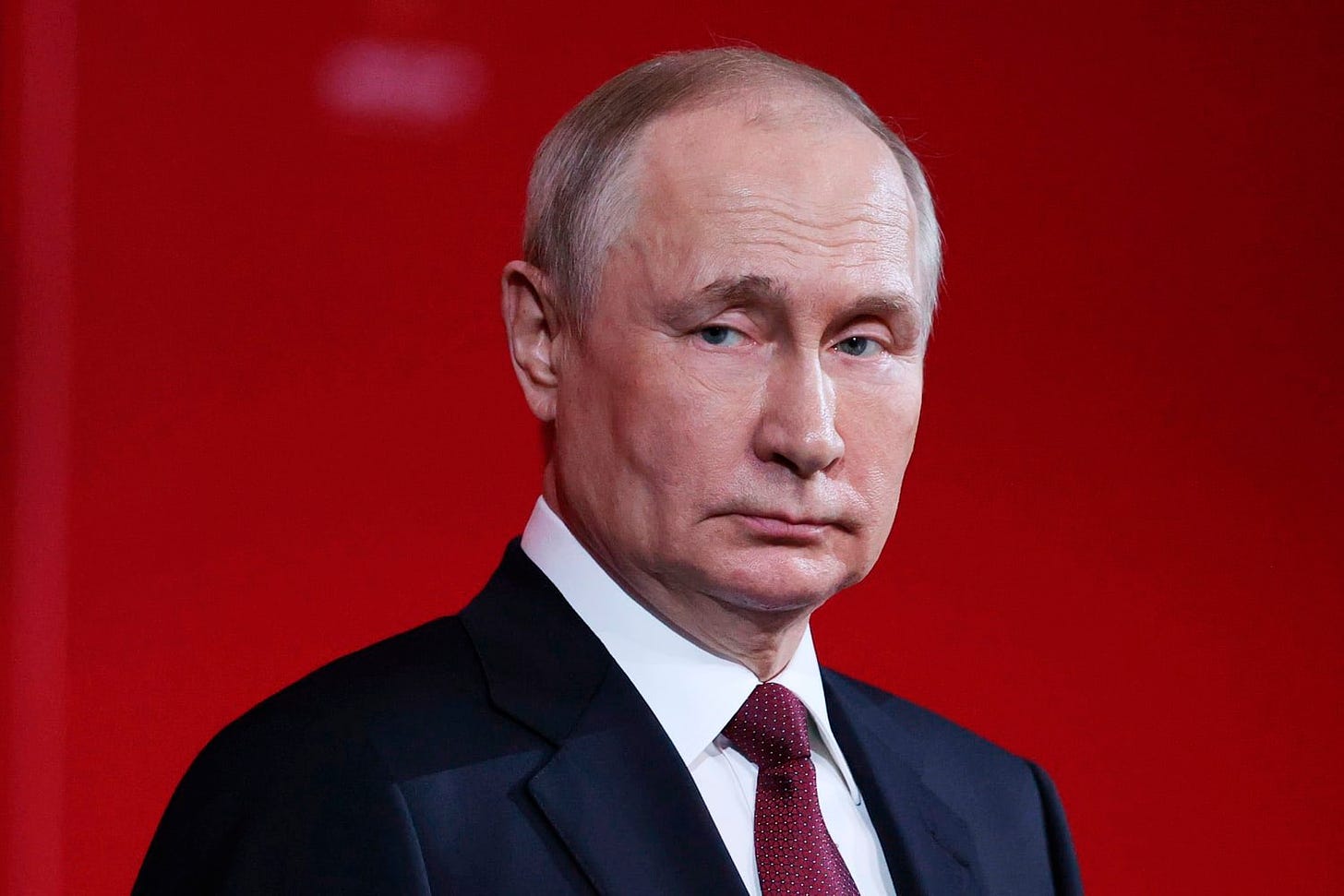President Putin Accuses the United States of Using Fake News to Stoke Fear of Russian Aggression
Russian Leader Claims U.S. Media Manipulates Public Opinion for Political Gain

In a recent statement, Russian President Vladimir Putin alleged that the United States is deliberately spreading false narratives to instill fear among its citizens, claiming that Russia intends to launch an attack. Putin's remarks come amid heightened global tensions and escalating rhetoric between the two nations, with the Kremlin asserting that such accusations are part of a larger propaganda campaign.
"These stories are not just baseless; they are designed to create hysteria," said Putin during a televised press conference. He emphasized that Russia has no intentions of military aggression toward the United States and accused American media outlets of perpetuating a false narrative to distract from domestic issues.
A History of Mistrust
The accusations from President Putin are not new but add fuel to the fire of a decades-long mistrust between Moscow and Washington. The United States has consistently accused Russia of cyberattacks, election interference, and other acts of aggression. Meanwhile, Russia has dismissed these claims as attempts to vilify its government on the international stage.
According to Putin, the root of the issue lies in the U.S.'s tendency to exploit global tensions for political and economic gain. "They fabricate threats to justify their military budgets and divert attention from their problems at home," he added.
The Role of Media in Escalating Tensions
Putin's comments also touched on the role of American media in shaping public perception. He criticized outlets for prioritizing sensationalism over facts, arguing that fear-mongering has become a tool to manipulate public opinion.
Political analysts have noted that such claims resonate with a growing audience skeptical of mainstream media narratives. Dmitry Orlov, a Russian political commentator, stated, "This is part of a broader strategy by the U.S. to consolidate its influence. If the public fears an external enemy, it becomes easier to rally support for military expenditures and policies that might otherwise face resistance."
Implications for U.S.-Russia Relations
Putin's remarks highlight the fragile state of U.S.-Russia relations, which have been strained since the onset of the Ukraine conflict and subsequent sanctions imposed by the West. Despite diplomatic efforts, trust between the two nations remains at an all-time low.
The Kremlin reiterated that it remains open to dialogue with the United States but warned against further inflammatory rhetoric. "Diplomacy, not propaganda, should guide our interactions," said a spokesperson for the Russian Foreign Ministry.
The Broader Global Context
Experts suggest that these tensions reflect a larger geopolitical struggle for influence. The United States has accused Russia of using its military and economic strategies to destabilize neighboring countries, while Russia counters by pointing to U.S.-led military interventions and alliances like NATO as provocations.
The Response from Washington
The U.S. State Department dismissed Putin's allegations, calling them "unfounded" and "an attempt to deflect attention from Russia's own actions." A senior official added, "We remain committed to protecting our interests and those of our allies. The United States will not be intimidated by baseless accusations.
As these allegations continue to surface, they underscore the growing divide between two of the world's most powerful nations. Whether through diplomacy or further escalation, how the U.S. and Russia navigate this contentious period will have lasting implications for global stability.
For more insights on international politics and global affairs, subscribe to The Buraopost Newsletter, your trusted source for reliable news and analysis.





